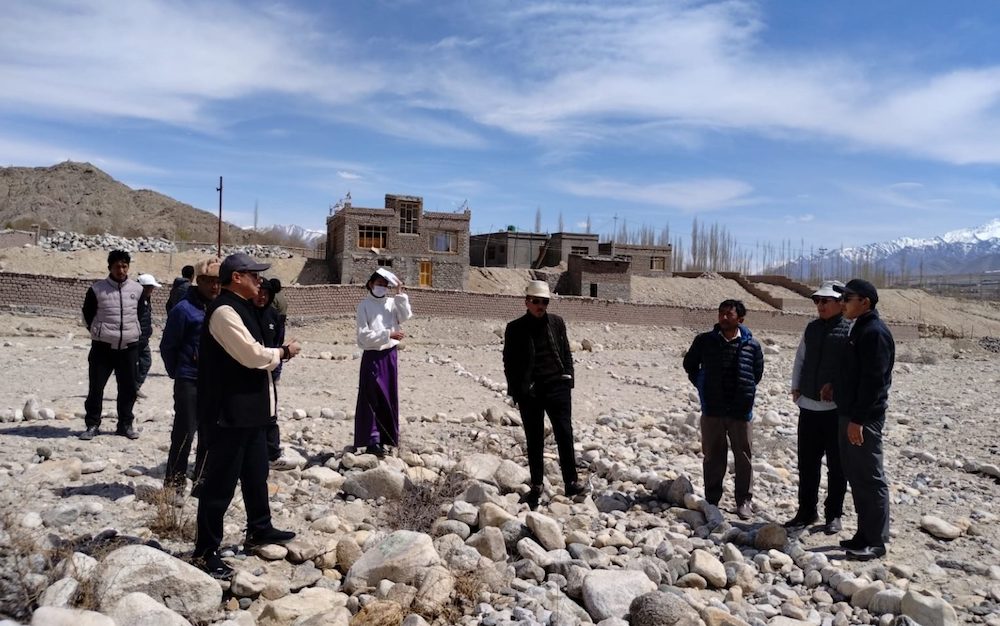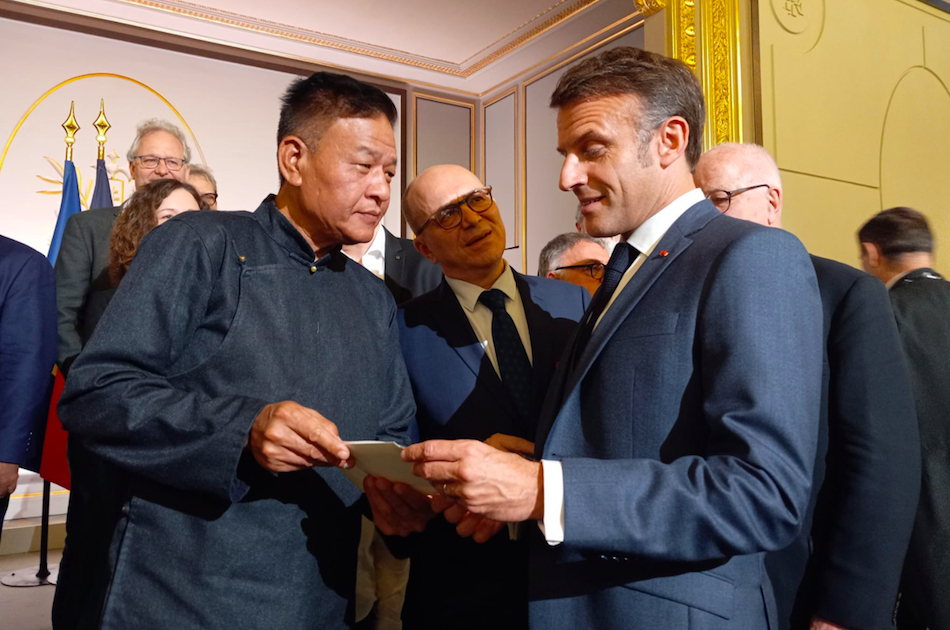by Lobsang Wangyal
MCLEOD GANJ, India, 12 April 2006 – The drama that unfolded in the largest Tibetan non-governmental organisation following the President’s resignation and then reclaiming the post is now feared to cause a split and weaken the strength of the organisation.
Kalsang Phuntsok, the President of the Tibetan Youth Congress (TYC), resigned at the end of January from the post of President, stating there was lack of cooperation from his colleagues and that they were obstructing him from carrying out political activities.
Despite his resignation, he ignored his own decision and reclaimed the post after a gap of about two months.
TYC, founded in 1970, is the largest non-governmental organisation of Tibetans in exile. It has 78 regional chapters around the world covering the entire Tibetan Diaspora and has more than 20,000 members.
The organisation is popular for its dedicated and selfless members committing to struggle for regaining independence for Tibet.
Many Tibetans are now accusing Kalsang of acting in contradiction to high ideals by engaging in power-grabbing manoeuvres and furthering his own personal ambitions. Some Tibetans are now mocking the organisation as a “paper tiger”.
Kalsang’s actions led to the organisation calling for an emergency meeting in Delhi. The supposed two-day meeting on Saturday and Sunday was extended by another day and the meetings, filled with recrimination among the members, went on even into the wee hours to sort out the crisis. In the end some regional members requested Kalsang to return to his relinquished post, which he accepted.
The meeting revealed that Kalsang had conspired to throw out the Vice President Lobsang Yeshi.
The matter was clear to a participant, who was present at the Delhi meeting.
“I was shocked what was going on in the meeting. I also saw that Kalsang has campaigned among the regional chapters to vote in his favour. But the problem is that many of these members from afar and distant were unaware of the nature of the crisis that was already baking in the organisation,” says Sonam Dechen, a woman youth member representing the Dharamshala chapter.
“At such a critical juncture when our energy and efforts are required in certain directions like focusing on the visit of the Chinese President to the US and Canada and the 2008 Beijing Olympics, I feel sad and shocked to see that the President of such a respected organisation indulges in trivial engagements,” says Tenzin Choeying, an activist and the coordinator of the Students for a Free Tibet, India.
The Congress issued a press statement on Wednesday about the meeting only to present a win-win situation but no queries were taken from journalists.
Earlier, three former executive members had expressed disappointment over the event and issued a joint statement, strongly opposing Kalsang’s steps.
The statement was issued by Sonam Topgyal, the former Prime Minister and a founder of the Congress, Jamyang Norbu and Lhasang Tsering stating, “As past members of the Tibetan Youth Congress we are disturbed to learn that Kalsang Phuntsok, who resigned from the Presidency recently, may be attempting to retake his post. We are saddened by this turn of events and feel we have no choice now but to speak out because these actions are undermining the democratic foundation of TYC.”
Many eyebrows were raised when Kalsang was elected to the post for the second term in 2004.
“It is an open secret that Kalsang fraudulently came to the post in 2004. I feel sad that such an organisation is becoming a victim of personal glorification,” Sonam says.
The organisation has played a leading role in keeping the Tibetan issue in the limelight carrying out different activities in the past, at times even causing embarrassment to the host country, India, when visiting Chinese leaders had to confront massive numbers of Tibetan youth unexpectedly blocking their motorcades in protest.
To revamp the organisation’s fallen image, some feel that the organisation’s Charter itself needs to be amended which contains contradictory terms. The Charter’s first clause says that the members dedicate themselves to the task of serving their country and people under the guidance of their leader, Dalai Lama, but another clause says they will struggle for the total independence for Tibet.
The Dalai Lama, who fled into exile in India after China occupied his country in 1959, is no more seeking an independent Tibet but campaigning for autonomy for the Tibetan people within China.
Whether the executive members have reconciled and would be able to bring back the lost glory of the organisation remains to be seen.









